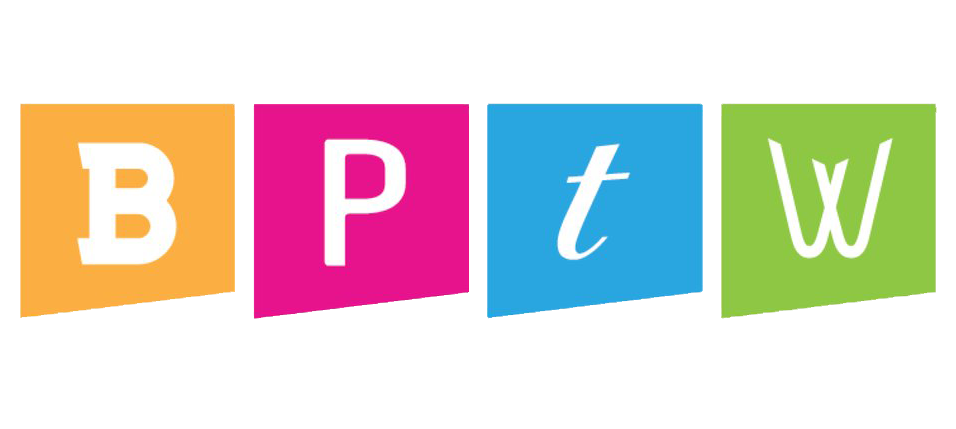This is part 3 in a 4-part series
In the previous article in this series, which focused on the Determine phase of the Catalyst Ministry Solutions framework, we went beyond the initial Discover phase and into the realm of making definitive determinations about your church building project based on the answers to the questions for success presented in that phase. The Discover phase explored the nooks and crannies of your ministry – the areas that are often overlooked but which need to be closely examined – in order to ensure your church is thoroughly prepared to move forward with your project.
Subsequently, the Determine phase went a step further and continued the progress made in the first phase by addressing key issues such as ensuring that your church’s vision and goals have been clearly defined, identifying all of your church’s strengths, weaknesses, opportunities, and threats (SWOT), examining who your church is designed for or, more specifically, who makes up your congregation, and identifying your ministry’s high capacity leaders in influence and capital.
All of these point ahead to the Develop phase, the third in the CMS framework, wherein we present four more questions for success. When asked and answered with specific application to your church ministry, these questions will help clear away the confusion and uncertainty that may be lingering on the path toward the successful achievement of your project vision. The Develop phase will provide you with the tools you need for fruitful collaboration with your assembled team to create achievable, time-bound plans that align with the resources necessary and available to your ministry in order to begin the final phase of the framework – the Deliver phase. With that in mind, we need to ask (and answer) the following questions as they pertain specifically to your ministry and your church building project:
Do we have a way to objectively prioritize all our needs?
By the time you reach the ‘Develop’ phase of the CMS framework, many if not all of the pieces needed for successful completion of your church building project – the specific plans that have been laid to this point – will either be in place or well on their way to being so. This momentum is an invaluable project element and once it has been established, it must be maintained. The best way to do that is to prioritize your ministry’s needs for the project going forward. When facing multiple options, prioritizing is crucial. The chronology of your time and resource expenditures will help ensure smooth transitions between milestones. The Catalyst team can expertly assist you in not only identifying the needs that haven’t yet been addressed, but also in prioritizing those needs so that they can be met with appropriate urgency and in the proper chronology.
Do any of our identified needs have dependencies?
We lightly touched on this in the previous question by asking, through the prioritization of your church’s needs, if any of those needs are dependent upon factors within the scope of your project that have not yet been decided, determined, or identified. For example, if your project has a ventilation requirement and you are utilizing volunteer labor from within your congregation or community, does that individual or group have the proper industry certification. If so, what specific certification do they have? Is it EPA 608? NATE certification? HVAC Excellence? Which of these is most appropriate for your project? It takes experience to accurately address and answer questions like this and the Catalyst Ministry Solutions team, working within this CMS framework, can provide the right answers to those questions.
Have we explored all possible ideas and options?
This question can be rephrased with the simplicity of some tried and true colloquialisms like “leave no stone unturned” or “cover all your bases.” It’s a call to thoroughness; to not cutting corners or making assumptions. Assumption takes the stance that “minor” unaddressed issues can be ignored or, worse, that they will somehow take care of themselves. This is, of course, an exercise in poor planning. Good, solid planning leads to the achievement of your desired objectives for your project and includes:
- Setting clear and definitive goals
- Identifying existing and necessary resources and capabilities
- Assigning and prioritizing tasks
- Developing timelines
- Establishing evaluation measures and acceptance criteria
- Developing protocols for dealing with the unexpected
In almost every case, the vast majority of ideas and options for your overall church building project, as well as its individual elemental parts, fall into one of these planning categories. Working with experienced industry professionals like the great people on the Catalyst Ministry Solutions team will be a tremendous boon to your project and will help you and your team identify and explore ideas and options that you may have overlooked.
Who internally and/or externally is needed to help us develop our plans and deliver our project(s) successfully?
Of all the resources necessary to fulfill your vision for your church building project, human resources are arguably the most critical. In our Catalyst Ministry Solutions Framework free eBook we discussed assembling “the Right Team”, both internally and externally, that is made up of individuals whose skill sets are the right match for your project. The Catalyst team’s collective tenure has allowed us to develop a network of tried and true organizations and outside consultants that deliver the right results.
Assembling the best team for your project means asking the right questions and we know which questions are the right ones. We have extensive experience and deep relationships with experts related to financing, tax credits, government funding, foundational support, capital campaigns and communications. We are supremely confident you will see high-quality results from the team members we assemble for you. We stake our reputation on it. Are you ready to talk to us about your church building project? Get in touch with us by clicking here and let’s get the conversation started.





